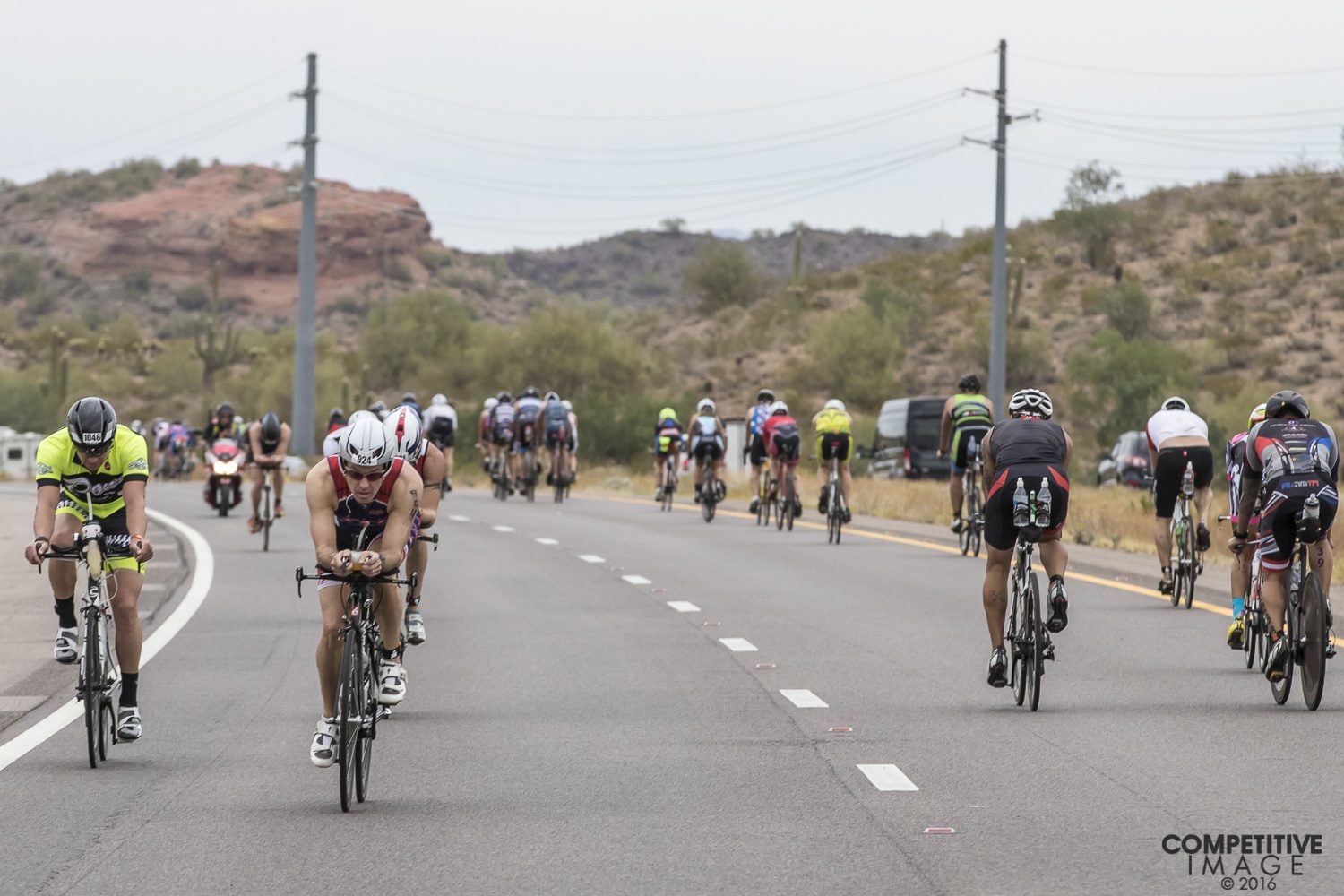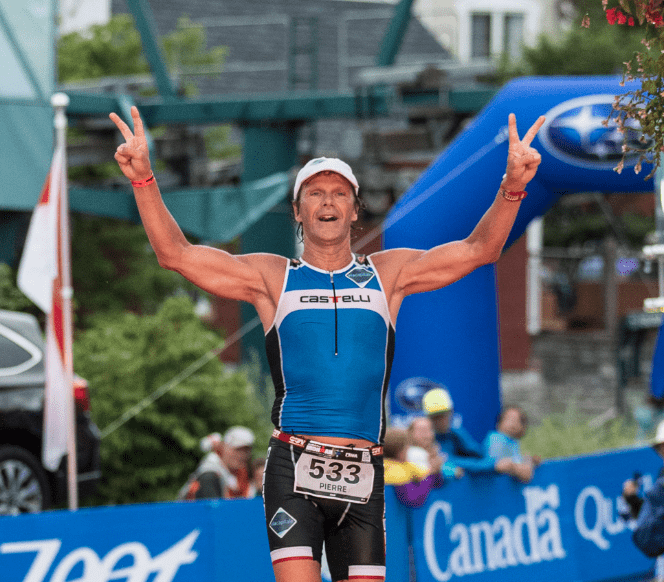Here’s how to recover from an Ironman
Several factors are going to affect your recovery. Here are few tips to help you in your recovery process following an Ironman.


— Originally written in French by Antoine Desroches, an elite long course triathlete (La récupération après un Ironman)
“You are an Ironman.” These are the words you heard as you crossed the finish line.
Although you are exhausted, you can hardly sleep because you are happy, excited and proud. Not to mention the pain that has taken over your entire body.
Regardless of your finishing time, the Ironman puts a tremendous toll on your body. Following such an effort, it is essential that you take the time necessary to recover physically and mentally. If you start training too early, it may increase your risk of injury, but also cause chronic fatigue. So, take the time to celebrate this feat and reward yourself with several big meals with family and friends, long mornings in bed and binging on Netflix. This rest is deserved, so enjoy it.
Recovery Time
To know the proper recovery time for yourself, you must first know yourself well and listen to your body. Several factors can affect your recovery time:
- The time of the year and the number of competitions you have already done this season. During your competitive season, you will get tired, so it is normal that you need more time to rest after an Ironman later in the year than one in June.
- Your level of exhaustion at the end of an Ironman; for example, did you sprint to the finish line to beat a competitor or jog the last kilometres?
- The race climate conditions also significantly affect recovery. A triathlon in very cold conditions like the Norseman will have a big energy impact on your body, independent of your effort (maintaining body temperature). An Ironman in hot and humid conditions, like the Ironman World Championship, can also greatly affect your recovery time (dehydration).

Glycogen Stores
When your glycogen stores are completely depleted, it means that you have made a significant physical effort. In less than 48 hours, by consuming a high quantity of carbohydrates, glycogen stores can be filled.
Following a very long and intense effort like a marathon or even more during an Ironman, the impact on your body is much more than the depletion of your glycogen reserves. In fact, according to a study conducted in 2008 by O. Neubauer, an Ironman participant’s blood test showed profound muscle damage, inflammation and a high level of stress-related hormones. O. Neubauer and his colleagues analyzed the blood of 42 participants at different times, two days before the Ironman and the days following (one, five and 19). These markers in the blood were at a high level for the five days following the event, and some markers were still present 19 days after the Ironman.
Light Activity
It is necessary to take the time to recover well, but it’s more important to listen to your body. This does not prevent you from being active the days following an Ironman, but before you resume intense training, it is important to be careful. Non-impact activities such as swimming and cycling are a great way to promote blood flow and help with recovery. It is also advisable to see your physiotherapist or massage therapist to flush out any excess inflammation or treat injuries following the race.
The benefit of good nutrition
Your nutrition following an Ironman will also have a huge impact on your recovery. First, think about drinking fluids and consuming electrolytes. Then eat or drink carbohydrates and protein with a 4:1 ration (4g of carbs for 1g of protein). Carbohydrates are essential for restoring your glycogen stores, and proteins will promote recovery. Following the event, think of eating foods rich in antioxidants and minerals, such as berries, bananas, vegetables such as broccoli, kale, garlic and dark chocolate to reduce inflammation.
